
Freeport Zones
Following the UK’s departure from the EU, the government intend to establish new Freeports as a means to boost trade, jobs and investment across areas

Following the UK’s departure from the EU, the government intend to establish new Freeports as a means to boost trade, jobs and investment across areas
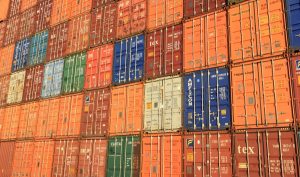
Importers and exporters will need to complete customs declarations next year, regardless of whether the UK agrees a free trade deal with the EU. To
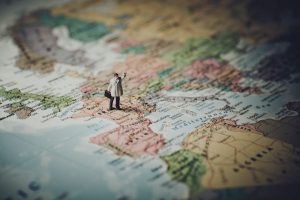
HMRC have extended the deadline for customs training funding. Applications are open until 30 June 2021 (or until all funding is allocated). The funding can be used towards helping businesses train staff in making customs declarations.
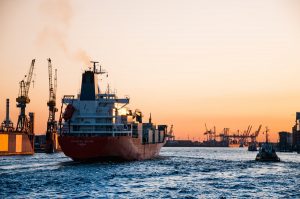
From 1 January 2021, the UK will apply a UK-specific tariff to imported goods. This UK Global Tariff (UKGT) will replace the EU’s Common External

The Government produced guidance in July 2020 outlining the implementation of Border controls in three stages for importing and exporting goods. This document outlines the
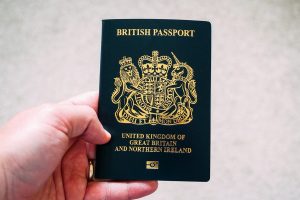
Many businesses who trade with the EU are no doubt watching the Brexit negotiations closely. Whether or not there is a free trade agreement, many
DPC Accountants, part of The DPC Group Limited, draws on the expertise of specialist strategic partners to provide high quality, current and bespoke business advice and tax planning solutions.

DPC Accountants
Stone House,
55 Stone Road Business Park,
Stone Road, Stoke-on-Trent,
Staffordshire, ST4 6SR.
© 2018-2024 DPC Accountants. All rights reserved.
Privacy Policy | Terms & Conditions | Disclaimer | Cookies Policy
In accordance with the disclosure requirements of the Provision of Services Regulations 2009, our professional indemnity insurers are AXA Insurance UK Plc, 20 Gracechurch Street, London, EC3V 0BG. The territorial coverage is worldwide excluding professional business carried out from an office in the United States Of America or Canada and excludes any action for a claim brought in any court in the United States Of America or Canada. Our professional indemnity insurance does not provide cover for claims arising from referrals by DPC to promoters of tax mitigation schemes that fall in to DOTAS or the Disguised Remuneration rules.